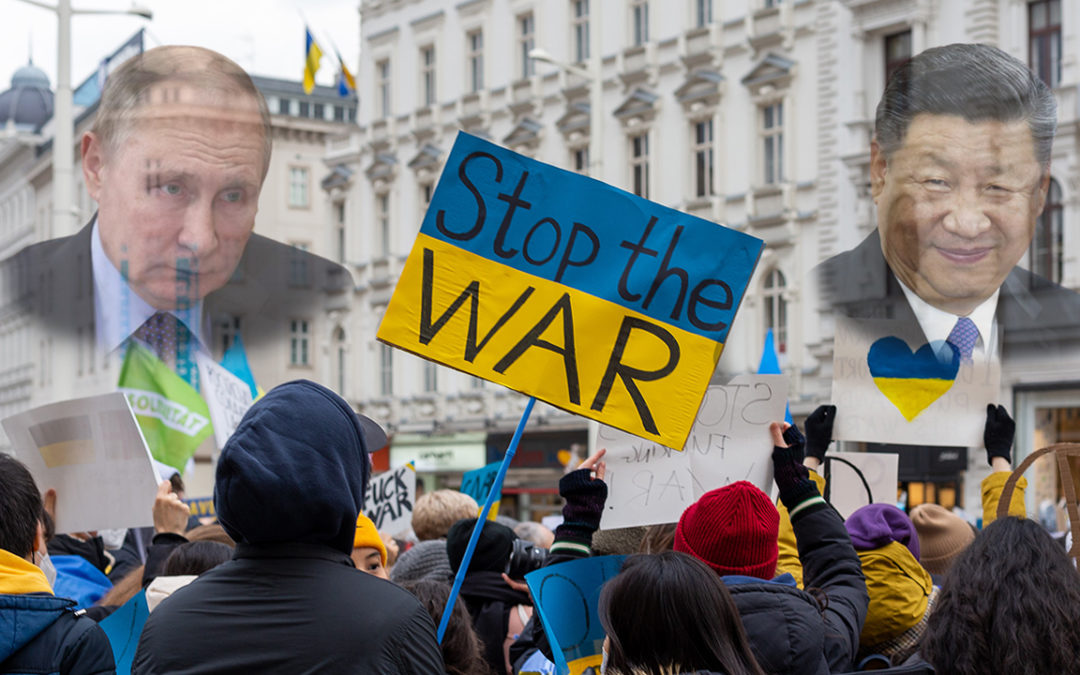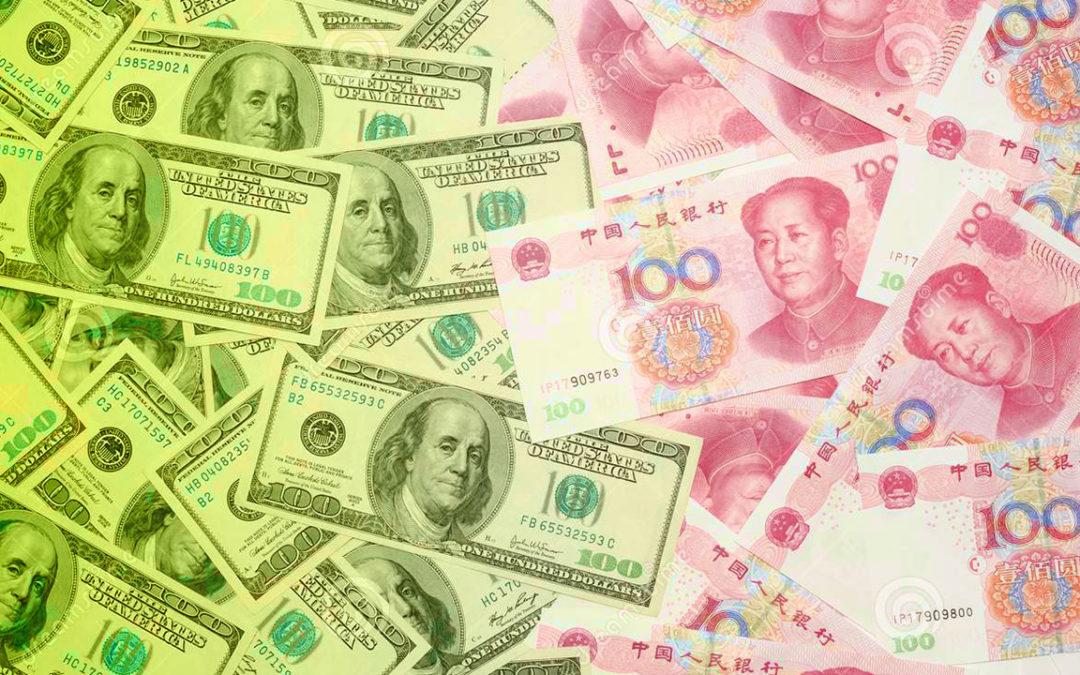Americans on the home front are exhausted from a marathon of foreign fallout. As the Taliban cancels this semester’s gender studies curriculum at the American University in Kabul, China eyes prospective control of the Bagram airbase. Instances like these embody a long list of grievances from a growing populist pulse in the United States demanding a return to focus on addressing domestic decline.
China’s aspirations of becoming the sole global superpower present a pragmatic, and to some Washington elites, blasphemous opportunity: pass them the buck. Since the beginning of the century, America has crumbled at home while foreign misadventures cost thousands of her sons and daughters, squandered trillions of dollars, and ceded face in front of allies and enemies.
If China wants first place in those categories, let them have it.
We Should Compete, Not Roll Over
This is not to say we stop competing with China and rollover. Strategically decide where to compete and, more importantly, use common sense.
The China-Pakistan Economic Corridor, a collection of infrastructure projects that are under construction and a spoke within China’s Belt and Road Initiative, is a good example of where we pull resources. Since 2009, the United States has committed more than $6 billion to frenemy Pakistan. Proliferating terrorist training camps, protecting Osama bin Laden and supporting the Taliban to this very day, Pakistan can be China’s burden moving forward.
Examples exist worldwide where U.S. aid and effort don’t advance our interests. Burgeoning African debt to China — in the tens of billions — constantly requires restructuring because the positive return on investment doesn’t exist in places like Angola, Chad, Zambia, and Sudan. Meanwhile, foreign policy “experts” bloviate about how we aren’t investing more in these regions.
Providing China the avenue to stretch itself even thinner not only allows the U.S. to revamp domestically but also exposes a fiscally shaky China to the harsh realities of global governance. Empowering our Indo-Pacific allies emboldens their regional impact and decreases the U.S. burden within the theater. Terrorist attacks on Chinese nationals are on the rise in Africa and Asia, while a slowing domestic economy hampered by bad corporate debt burdens Xi Jinping.
Resetting the Domestic Agenda
As American debt soars to a record high of $29 trillion, the U.S. hemorrhages more foreign aid than any other country in the world. Roughly 43% of aid is spent on bilateral economic development programs while we casually call the backbone of middle America “The Rust Belt.” Security assistance programs make up 35% of aid, while American cities’ crime statistics skyrocket. Corporate (and executive branch) interests in building new markets globally left the crumbling American heartland disillusioned and lacking faith in its institutions.
A domestic reset gives all levels of government a chance to look in the mirror and provides a lifeline to an American citizenry in critical condition. The populist calls for sovereignty from corporate multinationals, a check on Big Tech, and rational immigration law are echoing from both sides of the aisle.
A truce in the political divide starts by reassuring every citizen of his or her self-worth. Value through reinvestment in the American worker, family-centric policies, and a return to resilient institutions are pro-American investments, regardless of one’s background or political ideology.
Fix Ourselves and Let China Pick Up the Tab
Globalism, nationalism, idealism, and realism are all rigid labels that must be reconsidered if elected officials are going to truly put America first. Washington elites’ “isms” have failed Americans for generations. An American electorate that sees the world for what it truly is frightens politicians more than China ever could. Culture and tradition shape perceptions — America learned this as its culture was rejected in Kabul and its economic and social traditions were abandoned at home.
In order for the United States to hold off China, America must get its house in order. Reining-in inflation, reshoring domestic manufacturing jobs, and restructuring supply chains are all initiatives that help the middle class and hurt China. Washington and corporate elites knowingly control these flows and must be held accountable.
Shift the flow of capital, effort, and energy back into our people and win the war at home — while China picks up the tab.
(Photo Credit: Featured Image by Simon Zhu – Unsplash
– – – – – – – – – – – – – – – – – – – – – – – – – – – – – – – – – – – – – – – –
iVoteAmerica® – The Next Generation of conservatives® iVoteAmerica.com
Follow us on Twitter @iVoteAmerica, and @iVoteChina
Like us on Facebook
Visit our Store at iVoteAmericaStore.com



















0 Comments